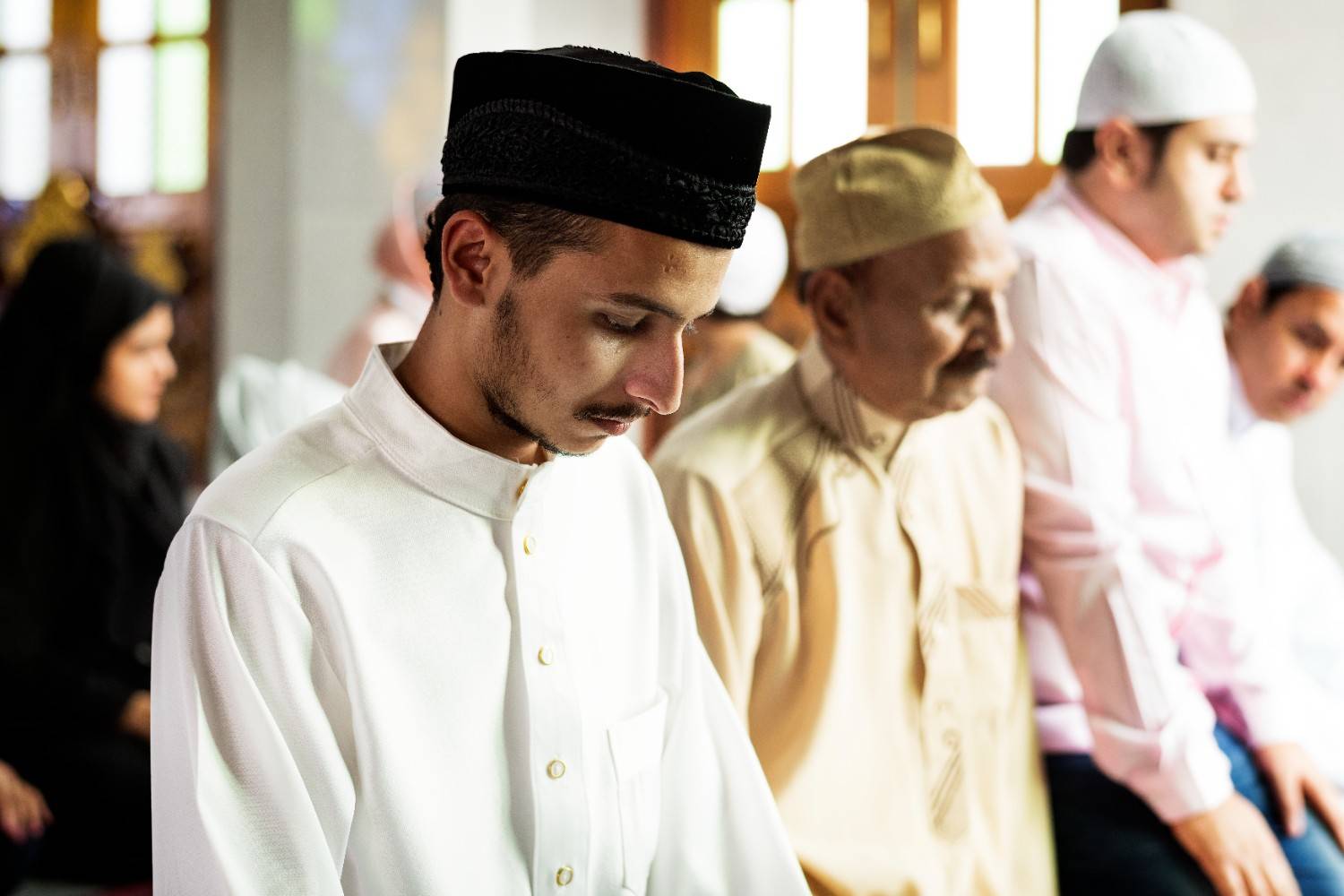In a world often marked by division and discord, the teachings of Islam provide a timeless blueprint for promoting peace and understanding. The global Muslim community, or Ummah, stands as a beacon of hope in fostering harmony among nations, cultures, and religions. The World Muslim Council (WMC) has been at the forefront of these efforts, demonstrating how faith and compassion can build bridges in a divided world.
The Teachings of Islam on Peace
At the heart of Islam is the message of peace and mercy. The very word “Islam” derives from “Salaam,” meaning peace. The Quran emphasizes this repeatedly, urging believers to “cooperate in righteousness and piety, but do not cooperate in sin and aggression” (Surah Al-Ma’idah 5:2). Prophet Muhammad (peace be upon him) exemplified this principle through his interactions with people of various faiths and cultures, always promoting understanding and coexistence.
WMC’s Role in Promoting Peace
The World Muslim Council has been instrumental in applying these teachings to modern challenges. Through interfaith dialogues, WMC brings together religious leaders from diverse backgrounds to foster mutual respect and collaboration. By engaging in humanitarian efforts, the council showcases the compassionate spirit of Islam, addressing common challenges like poverty and inequality.
Practical Steps for Individuals
While global initiatives are impactful, individual actions also play a crucial role in promoting peace. Muslims are encouraged to engage with their local communities, participate in interfaith events, and share the peaceful teachings of Islam through actions and words. Together, these efforts contribute to a more harmonious world.
The World Muslim Council invites everyone to join hands in this mission, guided by the Quranic principle: “… And make peace among people” (Surah An-Nisa 4:128).

